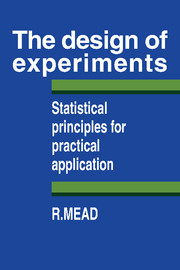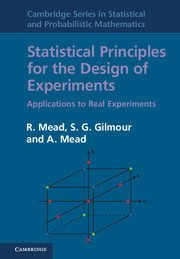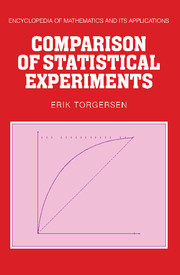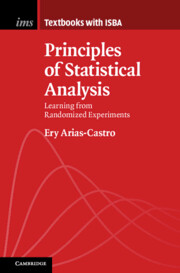The Design of Experiments
In all the experimental sciences, good design of experiments is crucial to the success of research. Well-planned experiments can provide a great deal of information efficiently and can be used to test several hypotheses simultaneously. This book is about the statistical principles of good experimental design and is intended for all applied statisticians and practising scientists engaged in the design, implementation and analysis of experiments. Professor Mead has written the book with the emphasis on the logical principles of statistical design and employs a minimum of mathematics. Throughout he assumes that the large-scale analysis of data will be performed by computers and he is thus able to devote more attention to discussions of how all of the available information can be used to extract the clearest answers to many questions. The principles are illustrated with a wide range of examples drawn from medicine, agriculture, industry and other disciplines. Numerous exercises are given to help the reader practise techniques and to appreciate the difference that good design of experiments can make to a scientific project.
Product details
No date availablePaperback
9780521287623
636 pages
229 × 152 × 36 mm
0.92kg
Table of Contents
- Preface
- Part I. Overture:
- 1. Introduction
- 2. Elementary ideas of blocking: the randomised block design
- 3. Elementary ideas of treatment structure
- 4. General principles of linear models for the analysis of experimental data
- 5. Computers for analysing experimental data
- Part II. First Subject:
- 6. Replication
- 7. Blocking
- 8. Multiple blocking systems and cross-over designs
- 9. Randomisation
- 10. Covariance - extension of linear models
- 11. Model assumptions and more general models
- Part III. Second Subject:
- 12. Experimental objectives, treatments and treatment structures
- 13. Factorial structure and particular forms of effects
- 14. Split unit designs and repeated measurements
- 15. Incomplete bloxk size for factorial experiments
- 16. Some mathematical theory for comfounding and fractional replication
- 17. Quantitative factors and response functions
- 18. Response surface exploration
- Part IV. Coda:
- 19. Designing useful experiments
- References
- Index.






